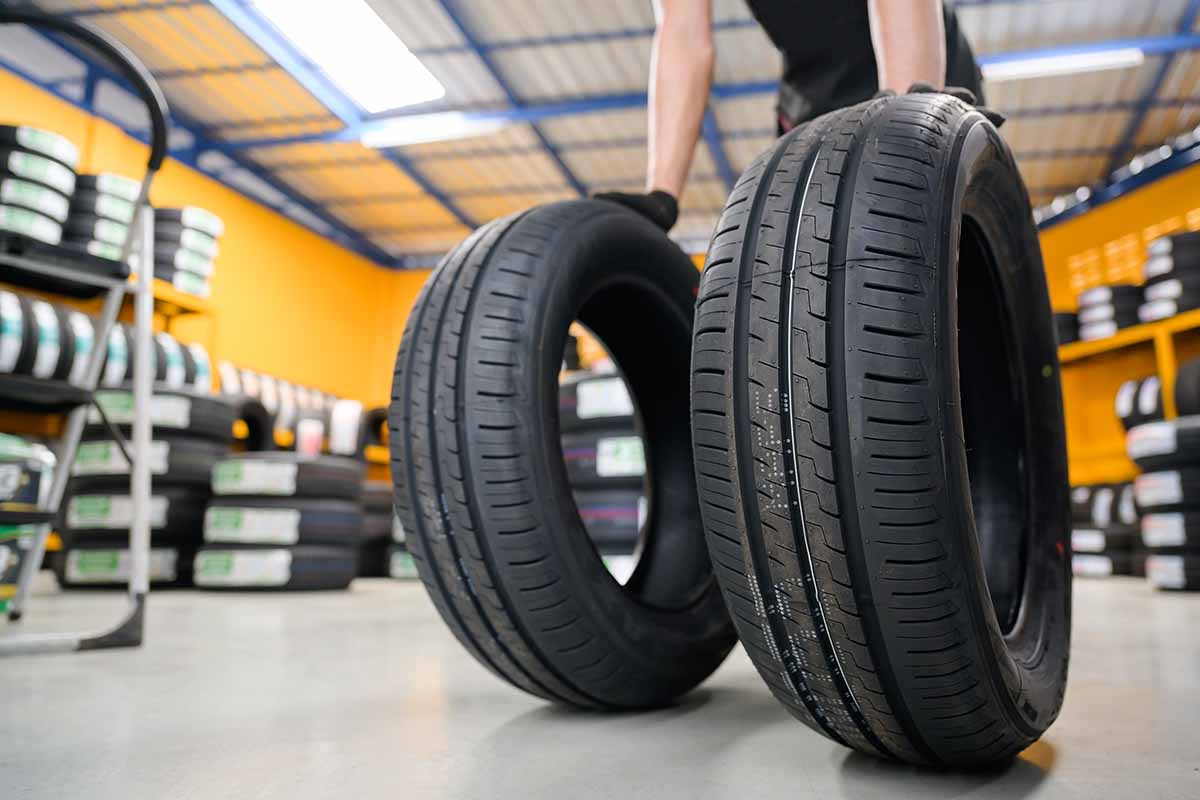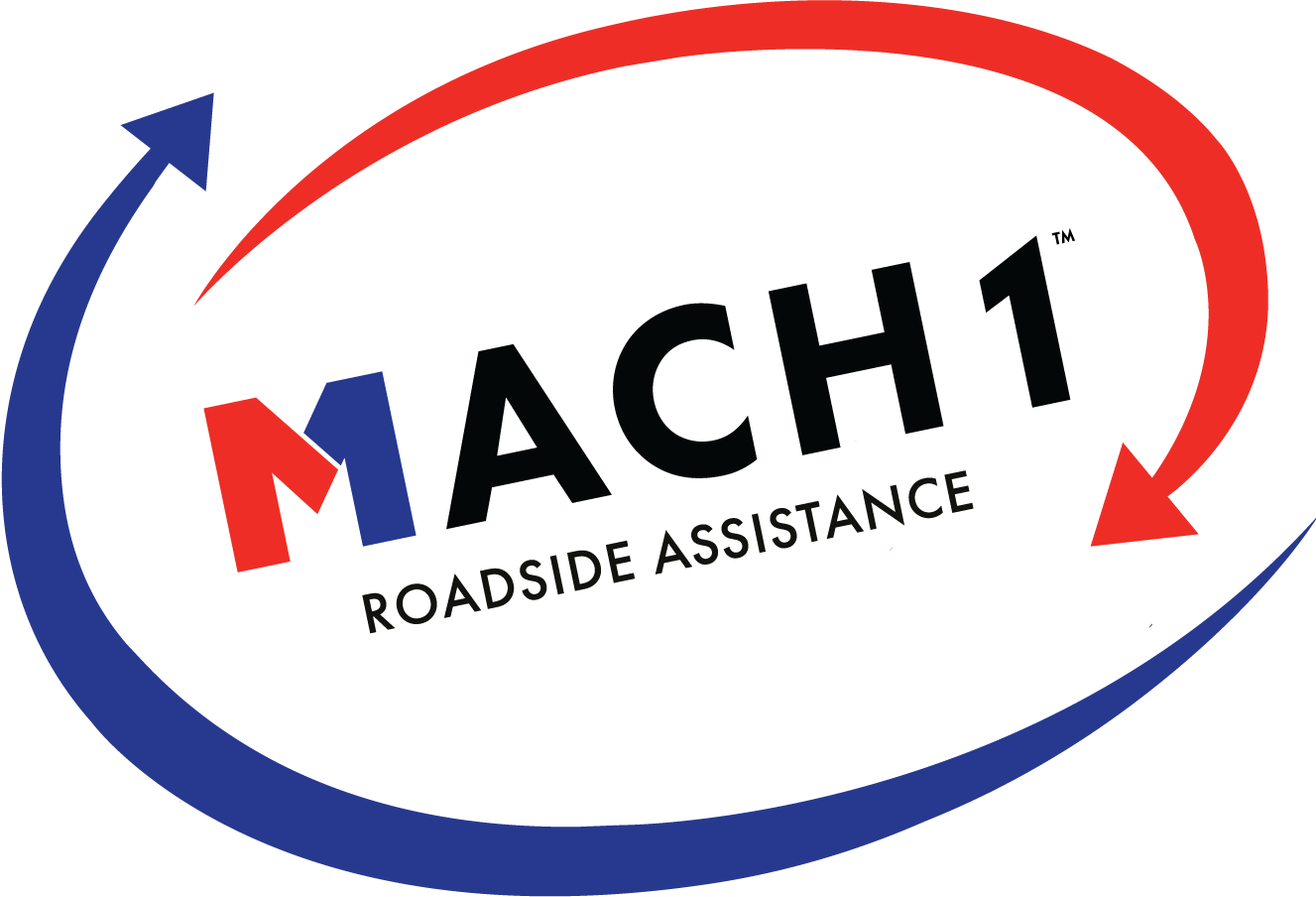
25 Sep Tires for Different SUV Sizes
The SUV, or Sport Utility Vehicle, has become a staple on the modern road. They’re versatile, comfortable, and suitable for a range of activities from city commuting to off-road adventures. But, as with any vehicle, the correct tire is crucial for optimal performance, safety, and efficiency. This is especially true when you consider the variety in SUV sizes, from small crossovers to full-size behemoths.
Do the size of tires matter on different sizes of SUVs? Absolutely. The size and type of tire you choose can significantly affect your SUV’s handling, fuel efficiency, and overall safety. Larger SUVs typically need tires that can handle more weight and are built to support heavier loads, while smaller SUVs may prioritize handling and agility.
What is the difference between a small, midsize, and full-sized SUV?
- Small SUVs: These are often referred to as crossovers. They’re built on car platforms, making them more maneuverable and fuel-efficient than larger SUVs. They typically seat five and offer less cargo space than their larger counterparts.
- Midsize SUVs: Larger than crossovers but smaller than full-size SUVs, midsize SUVs often seat five but can have a third-row seating option. They offer more cargo space and often come with more powerful engine options.
- Full-sized SUVs: These are the largest, often built on truck platforms and capable of seating up to eight or nine passengers. They offer the most cargo space and come with the most powerful engine options, suitable for towing and carrying heavy loads.
Top 3 selling SUVs in each category:
- Small SUVs: Honda CR-V, Toyota RAV4, Ford Escape
- Midsize SUVs: Toyota Highlander, Ford Explorer, Jeep Grand Cherokee
- Full-sized SUVs: Chevrolet Tahoe, Ford Expedition, GMC Yukon
5 Tips on how to make sure and get the right tire for your SUV:
- Know Your Size: Always check your vehicle’s owner manual or the sticker located inside the driver’s door for the recommended tire size.
- Consider Your Driving Conditions: If you frequently drive in snow or rain, consider all-weather or winter tires. For off-roading adventures, all-terrain tires might be best.
- Check Reviews: Before purchasing, look for reviews on the tire model specific to your SUV type.
- Prioritize Safety: Look for tires that have good ratings in brake tests, especially for wet or icy conditions.
- Stay Brand Loyal: If your SUV’s original tires served you well, consider sticking with the same brand and model.
The 3 Most Popular Tire Brands for SUV Drivers:
-
Michelin:
- Popularity Reasons: Michelin is often revered as one of the top tire manufacturers worldwide. Their tires are synonymous with quality, offering excellent tread life, fuel efficiency, and smooth performance. Drivers appreciate the quiet and comfortable ride Michelin tires typically provide.
- Highest Performing Tire: The Michelin Premier LTX is often highlighted for SUVs due to its excellent wet grip, comfort, and tread life. Its EverGrip technology ensures evolving traction even as the tire wears down.
- Average Price Point: Michelin tires for SUVs usually start at around $150 per tire but can go upwards of $300 depending on the model and size.
- Origin: While Michelin is a French company and has several factories in France, it has expanded globally. Therefore, depending on the specific tire, it could be made in any of their facilities worldwide, including the USA, Canada, and other countries.
-
Bridgestone:
- Popularity Reasons: Bridgestone, a Japanese brand, has secured its position in the tire industry by offering a broad spectrum of tires designed to cater to various needs. They are renowned for integrating cutting-edge technology into their products, ensuring safety, and long-lasting performance.
- Highest Performing Tire: The Bridgestone Dueler H/L Alenza is a favorite among SUV drivers. Known for its all-season performance, it offers a balanced blend of ride comfort, fuel efficiency, and extended tread life.
- Average Price Point: Bridgestone SUV tires usually hover in the range of $120 to $250 per tire, with variations based on size and model.
- Origin: Bridgestone is headquartered in Tokyo, Japan. They have manufacturing plants across the globe, including in the USA, Japan, and several other countries, so the origin can vary based on the specific tire model.
-
Goodyear:
- Popularity Reasons: Goodyear, an American icon in the tire industry, is celebrated for its robust and durable tire lineup. They are particularly favored by off-road enthusiasts and those looking for versatile all-terrain options. The brand is known for its innovative technologies tailored for both everyday roads and challenging terrains.
- Highest Performing Tire: The Goodyear Wrangler All-Terrain Adventure is a top pick for SUV drivers. Equipped with Kevlar, it offers puncture resistance and rugged strength, ideal for both off-road trails and highway drives.
- Average Price Point: Goodyear SUV tires typically range from $110 to $300, contingent upon the model and size.
- Origin: As an American brand, Goodyear has a significant presence in the USA with factories in states like Ohio and Virginia. However, they also have manufacturing units in other parts of the world.
By understanding the unique selling points and offerings of each brand, SUV drivers can make an informed choice tailored to their specific driving needs and preferences. Whether prioritizing longevity, safety, or adventure, these three brands offer a diverse range to cater to all. When looking for services related to tires, make sure to check out Mach1 Services for a seamless experience.
Do most SUVs come in automatic or manual? The vast majority of SUVs on the market today are automatic. While manual SUVs can still be found, especially in older models or in certain overseas markets, the demand for automatic transmissions has seen them become the standard, especially in the U.S.
Final thoughts on Tires for Different SUV Sizes:
Selecting the right tire for your SUV is not just about compatibility, but also about optimizing performance, ensuring safety, and even improving fuel efficiency. Understanding the nuances between different SUV sizes can assist in making an informed decision. Always consult with professionals or do thorough research before changing or upgrading your tires. After all, they are the only point of contact between your vehicle and the road, making their importance undeniable.
